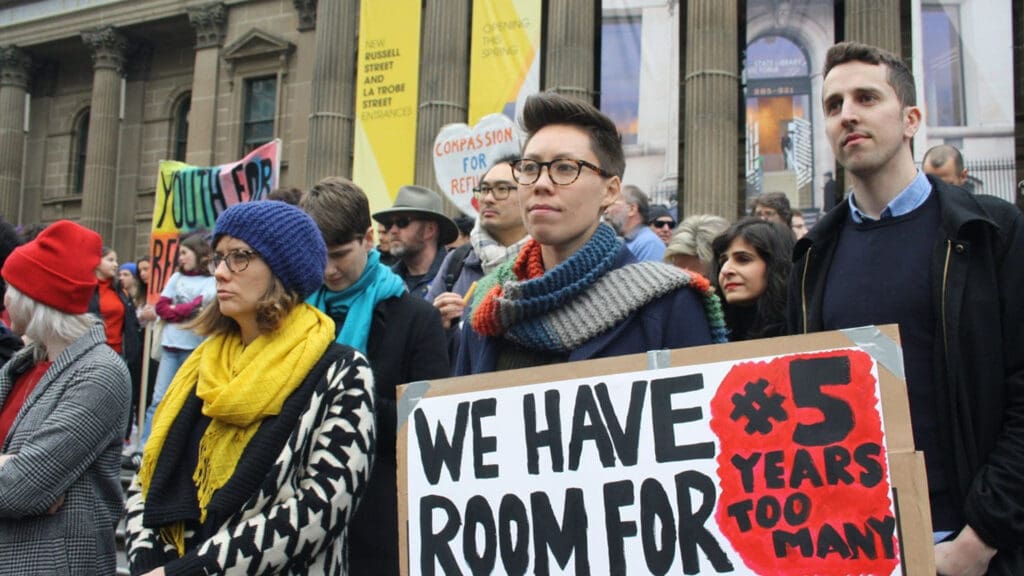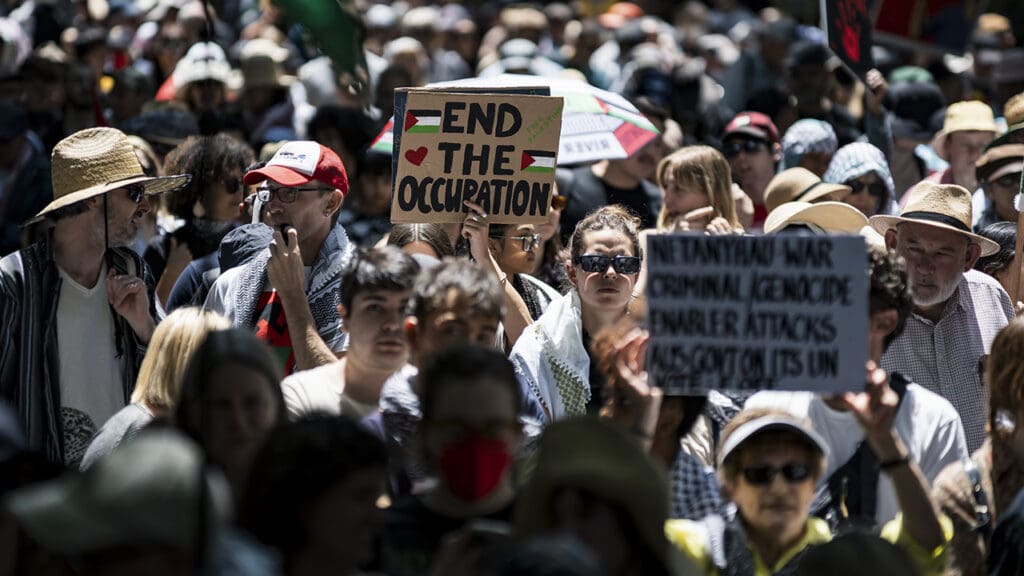Greater safeguards needed for expansive surveillance bill
The Human Rights Law Centre has welcomed the Parliamentary Joint Committee on Intelligence and Security’s (PJCIS) recent report on the Surveillance Legislation Amendment (Identify and Disrupt) Bill 2020 and called on the Morrison government to significantly amend the Bill in line with the Committee’s recommendations.
The Bill would give Federal Police invasive new powers to takeover people’s online accounts and monitor online activity. In its submission, the Human Rights Law Centre warned that the extraordinary new powers in the Bill would impact journalists and whistleblowers and go beyond what is necessary and proportionate in a democracy.
The Committee agreed, recommending dozens of amendments be made before the Bill is enacted.
Kieran Pender, Senior Lawyer with the Human Rights Law Centre, said:
“Mass surveillance, in the absence of robust safeguards, is dangerous to our democracy. Any expansion of the government’s ability to spy on everyday Australians must be strictly necessary and proportionate. As the PJCIS has identified, the Identify and Disrupt Bill, in its current form, is neither.”
The PJCIS made a number of recommendations that narrow the scope of these powers, by limiting the criteria for issuing new warrants, requiring approval from a superior court judge and calling for stronger oversight and review mechanisms.
“Unless substantively amended, the proposed powers in this Bill will negatively impact journalists and whistleblowers. It is essential – as the PJCIS has recommended – that specific consideration be given to the impact of a warrant on journalists and their sources when they are being issued, and explicit recognition of the importance of public interest,” Pender said.
In its submission, the Human Rights Law Centre raised alarm at the definitions used under the proposed Network Activity Warrant scheme, which were so dangerously overbroad as to potentially enable widespread surveillance across social media and messaging platforms.
“Given the democratic cost of surveillance powers, any new surveillance laws should be drafted carefully and narrowly, and with airtight checks and balances. The Morrison government should never have introduced a bill containing such dangerously over-broad language on such a consequential issue,” Pender said.
Australia’s electronic surveillance regime will be overhauled in the years ahead following the recommendations of the Richardson Review into the National Intelligence Community, made public last year.
“This latest PJCIS report underscores the lack of robust rights and protections for Australians from mass surveillance. These concerns must be properly addressed before new electronic surveillance laws are enacted in the coming years,” Pender said.
Read the Human Rights Law Centre’s Submission to the PJCIS.
Media contact:
Evan Schuurman, Media and Communications Manager, 0406 117 937, evan.schuurman@hrlc.org.au

Allan Government’s kneejerk law and order response will not make communities safer from racism and hate crimes
Racist and antisemitic attacks, such as the horrific arson attack on East Melbourne Hebrew Congregation have no place in our community. Every person has the right to practice their religion without fear of intimidation or vilification, and to be protected from acts of hate speech, racism and violence.
Read more
ADF whistleblower breaks fifteen year silence on sexual abuse cover-up amid calls for stronger whistleblower protections
Former RAAF airwoman Julia Delaforce represented by the Human Rights Law Centre, has broken her fifteen year silence on alleged wrongdoing and sexual abuse which was covered up by the Australian Defence Force.
Read more
Minns Government must repeal draconian anti-protest laws
The Human Rights Law Centre is reiterating calls for the Minns Government to repeal its draconian anti-protest laws, following the excessive use of force from NSW Police at a protest, resulting in one protester sustaining serious injuries.
Read more



